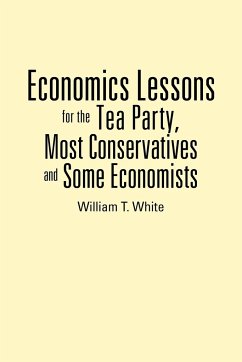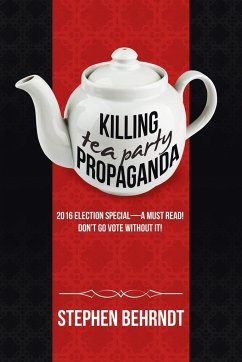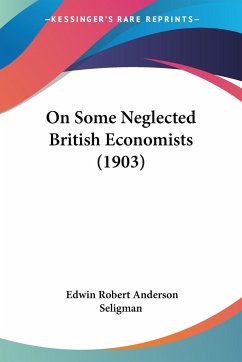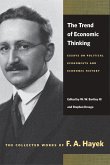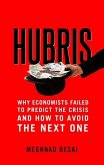This small book is about the slow recovery from the recent recession. In its Part I it addresses the Tea Party and other economic conservatives and sets forth thirty statements they don't want to believe, but must come to believe if they are ever to stop blocking private and government investment spending that will speed our economic recovery. But economic conservatives are not alone in their need to make changes. Economic theory needs to recognize more expansively and more rigorously that getting things done in an economy and especially in a sick economy requires a combination of free markets and economic organization, not free-markets alone. Part II of this book essentially provides the basic postulates of a theory of economic organization. Core principles of economic organizations are: that they exist to economize on the communications costs of markets; that above all truth and open information (transparency) are essential to the communication that supports economic cooperation; that economic organizations exist to serve individuals, not the other way around. This book joins the many other publications that have found Wall Street and all the other major financial markets wanting in respect to both first principles. The third part of this book sets forth specific examples of the changes needed in three major parts of current mainstream economics: Microeconomics; Macroeconomics; and International Economics.

